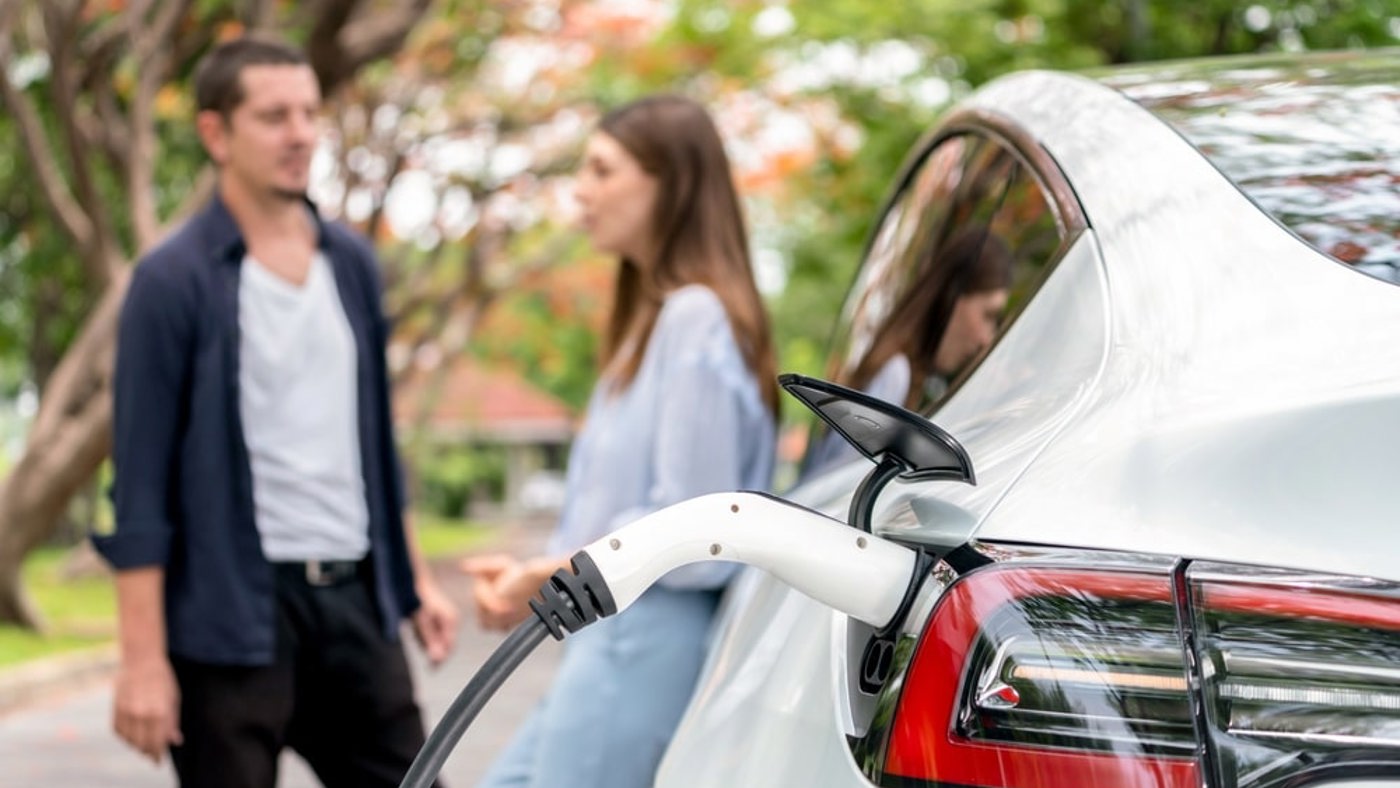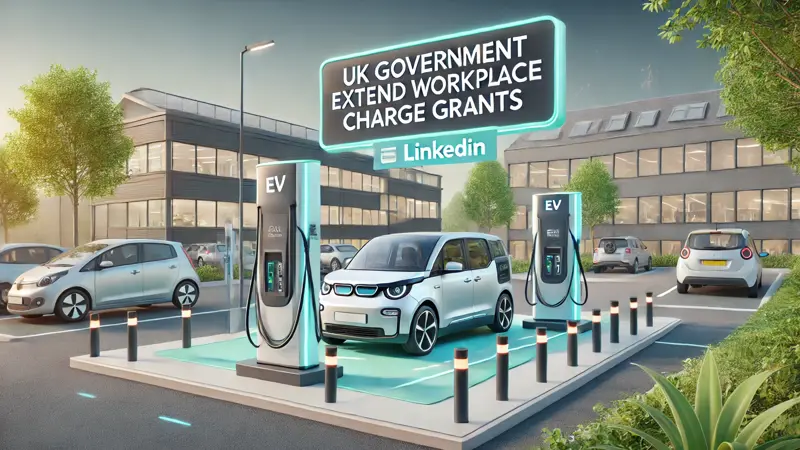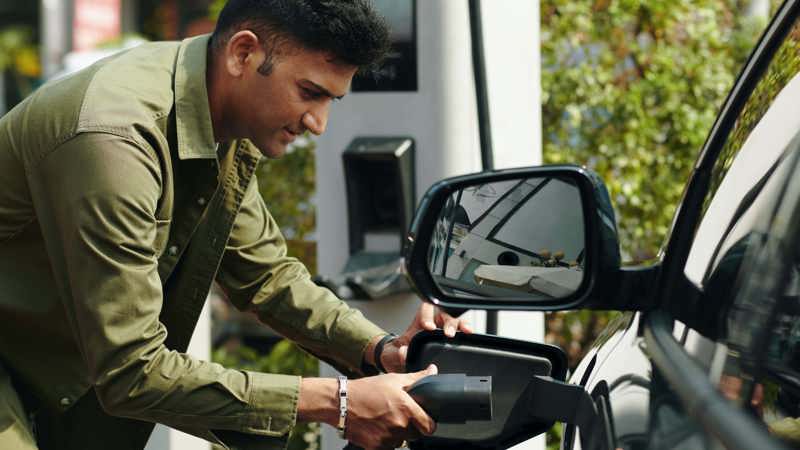
EV News: Public charging 20 times more expensive than home charging and more
Public Charging Up to 20 Times More Expensive Than Home Charging
To see the reality of the clear cost benefits of charging at home you only have to look at the numbers. There is a staggering price disparity between public and home EV charging according to findings revealed this week, public charging can be up to 20 times pricier than charging at home, leaving some EV drivers with a hefty charging bill.
As reported by fleetworld, analysis by Allstar in their AllCosts report using data from millions of fuel transactions revealed the figures shedding light on the significant cost gap. It showed the comparisons from Autumn 2023 when the average cost of home charging an EV was 28p per kWh, and the lowest recorded cost of 4p, while the average public charging cost was 70p, and the highest recorded cost was a whopping £1.20 per kWh.
While home charging is generally affordable and convenient, with savings potentially in the hundreds, if not thousands, of pounds annually, there’s clear evidence that planning and making sure you set off from home with a full charge is wallet-wise.
Spare a thought then for the 30% of UK households without a driveway or private land to access home charging. An opportunity for those with a home charging setup and software that enables them to set different charge sessions to rent out their driveways and make money or save money for their neighbours and friends.
Reviving an Icon for E-Mobilty: Renault's All-Electric Renault 5 E-Tech
There’s a palpable buzz around the Renault 5 EV officially revealed at the Geneva Motor Show, and confirmed to hit the roads in the UK at the start of 2025. A car to bring EV appeal to the masses with an impressive claimed range of up to 248 miles, a clever infotainment system with integrated Google services, ChatGPT, bi-directional charging, retro looks, and a price point of less than £25,000.
The brand claims that its production version retains 95% of its styling while keeping the retro vibe of the original model from the ‘70s. A claim which seems to resonate with numerous car journalists commending the production model for its close match to the concept reveal which was almost exactly three years ago.
Sales of the new 5 will start early next year, anyone keen to be among the first to get one can pay £150 for a priority ‘R5 R Pass’ and jump the queue when the order books open.
Speaking at the show, Renault CEO Luca De Mao said the company has, “tried to invent the best small EV in the world,” and that it’s “a product that anybody will want but also that anybody can buy.”
Apple Cancels EV Development Project
In direct contrast to a new EV reveal, in other news this week it was widely reported that Apple has scrapped its plans to launch a long-awaited electric car.
Although the technology brand never publicly acknowledged the project, it's believed to have been working on it for the last decade. Known as "Project Titan", the Apple car was expected to take the form of an MPV-style shuttle. It is understood that Apple’s attention will instead continue to focus on AI projects.
The Long and Short of EV Drivers Confidence Conundrum
New findings this week from Zenith, an independent leasing fleet management and vehicle outsourcing company, in their most recent EVXperience report revealed some interesting insights into the minds of EV drivers.
It seems despite many major EV milestones being achieved already, like over one million EVs on UK roads, and over 50,000 public charge points across the country. One in four EV drivers still feel uncertain about taking long journeys in their EV, and 50% of EV drivers cited mainly using their EVs for short trips (below 30miles)
The research survey polled nearly 3,000 customers and highlights the paradox that while half of EV drivers want to use their EVs for longer journeys, many still feel hesitant due to perceived limitations of EVs making the distance.
As the automotive industry continues to evolve and innovate, tackling these concerns about range anxiety and charging infrastructure will be essential for fostering confidence and convenience among EV drivers.
This hesitancy underscores the need for further investment in EV infrastructure and education about the capabilities of electric cars. While EVs offer numerous benefits, including lower emissions and reduced fuel costs, addressing drivers' apprehensions about long-distance travel is crucial for widespread adoption.
Electric Charging Sets its Sights on the Skies
Octopus Energy and Aerovolt team up to make electric aviation a reality, bringing us closer to a more sustainable future for air travel.
Deploying the world's first smart aircraft charging network their partnership aims to develop cutting-edge charging solutions for electric planes. Allowing pilots to charge their electric aircraft by tapping their Octopus Electroverse card at AeroVolt’s airside chargers.
This initiative marks a crucial step towards reducing carbon emissions in the aviation sector, which has long been a significant contributor to environmental pollution.
Aerovolt has installed charge points at seven locations across the UK including airports in Bournemouth, Lydd, Dunkeswell, and Shoreham, with plans for an additional 12 sites soon. Talks are underway with nearly 70 more airports eager to incorporate AeroVolt’s chargers.
With the excitement surrounding electric planes being tested, the project seeks to overcome challenges in charging infrastructure for electric planes and gain an understanding of sustainable flight. It seems commercial aviation could be on the horizon, and travellers can look forward to cleaner and greener skies.


